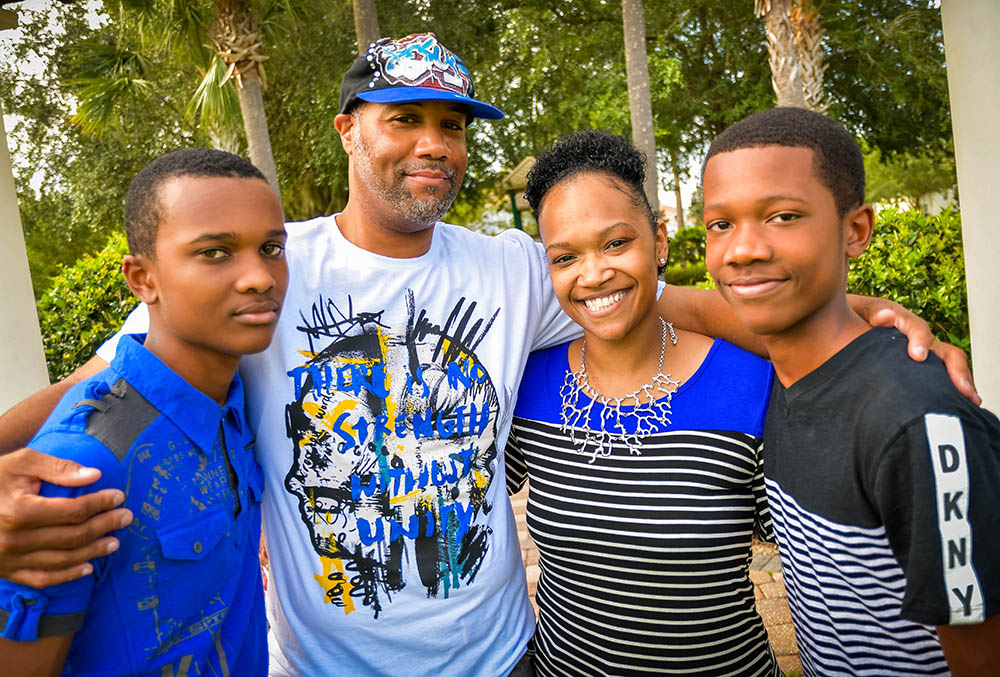African Americans and Minority Groups Cancer Risk
During Black History Month, and the other 11 months of the year, driving improved rates in cancer screenings and testing for African American remains an important cause for Comprehensive Cancer Centers. With early detection and treatment, success rates improve for all disease treatments, including cancer.
While substantial progress has been made in the effort to save lives from cancer, there is still much progress to be made so that African Americans enjoy the same successes early diagnoses and treatments that are enjoyed by other ethnicities. We appreciate that taking charge of your health is an important part of Black History Month, and we encourage everyone to get the word out about how early testing and screening for cancer saves lives.
According to the National Cancer Institute, shortcomings in progress with early testing and diagnoses can be found to have adverse effects in the African-American community in the following ways:
- Breast Cancer: African-American women suffer from a higher incidence of a particularly aggressive form of breast cancer (triple-negative subtype) than women of other groups.
- Prostate Cancer: African-American men suffer from substantially higher rates of prostate cancer incidence and death than men of other racial/ethnic groups.
- Cervical Cancer: African American women have higher rates of cervical cancer incidence and death than other groups.
Early diagnosis and better treatment outcomes for breast cancer, prostate cancer and cervical cancer comes from early detection. If testing rates for African Americans can be increased by even a small percentage, the number of lives saved would be dramatic.
African Americans are also underrepresented in clinical research participation, which is an additional life-saving option. Being part of clinical research can prolong the life of the person on the trial, while helping new therapies become accessible to all patients. Comprehensive Cancer Centers’ research efforts have helped develop more than 100 FDA approved therapy options for patients, through clinical research.
Make a Difference in African American Participating in Early Screenings and Clinical Research
The team at Comprehensive Cancer Center believes it’s important for our community to rally together to help improve cancer detections and outcomes for our neighbors, so everyone has an equal chance at living a healthy life. To help make this happen, here are three simple tips everyone can take to help spread the word to reach more African Americas who would benefit from early screenings and testing:
- Inspire Others on Social Media: If you get a cancer screening, go ahead and share how easy it was on social media. Someone you know, or someone who’s a friend of your friend or family, might see that post and decide to get screened themselves. By taking a few minutes to share your story you could easily save someone’s life. That could be a family member or perhaps someone you never met.
- Create a Network Affect: There are cancer emphasis months all year long, and other cancer awareness events such as World Cancer Day, which is in February same as Black History Month. These months often have website that offer free and easy to download resources to get people engaged.
- Don’t Be Afraid to Ask: Be mindful of the age and health of your family and friends, and don’t be afraid to recommend to them that they visit a doctor and get regular tests. We know that discussing tests and cancer isn’t always the most natural topic of conversation, but encourage others creates a multiplier effect that saves lives.
Comprehensive Cancer Centers Can Help
Physicians at Comprehensive Cancer Centers provide a variety of treatment options for cancer, blood disorders, breast health conditions and pulmonary disease. To schedule an appointment with the team at Comprehensive, call 702-952-3350.
The content is this post is not intended to be a substitute for professional medical advice, diagnosis, or treatment. Always seek the advice of qualified health providers with questions you may have regarding medical conditions.



